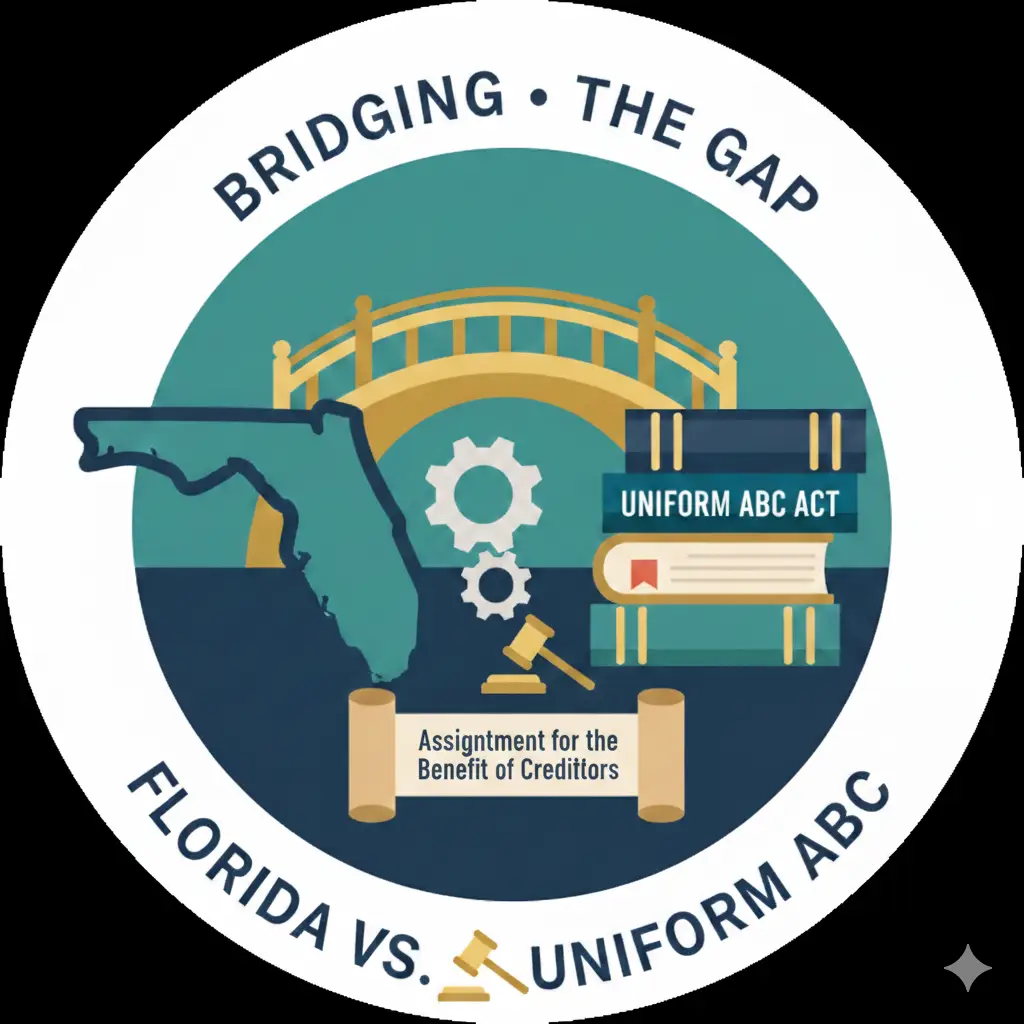In Florida, determining the “prevailing party” for attorney’s fees purposes depends on the specific statute or contract provision that authorizes the fee award, but there are some general principles.
Under Florida Statutes Section 57.105 (frivolous litigation statute), the prevailing party is typically the one who substantially obtains the relief sought, whether by judgment, dismissal, or settlement.
Under contractual attorney’s fees provisions, Florida Statutes Section 57.105(7) makes attorney’s fees clauses reciprocal – meaning if a contract allows one party to recover fees, the other party can also recover fees if they prevail, regardless of how the contract is written. I discussed this point in greater detail in a previous blog titled, “When Unilateral Attorney’s Fees Become Mutual“.
The courts look at who achieved their primary litigation objective or obtained substantially what they sought. A party doesn’t need to win on every issue to be considered the prevailing party – they need to succeed on the significant issues or obtain the primary relief sought. See, e.g., Moritz v. Hoyt Enterprises, Inc., 604 So.2d 807 (1992) (wherein the court emphasized looking at the “primary relief sought” rather than counting individual issues won or lost.).
Key Considerations
- The degree of success obtained by each party
- Whether the party achieved their main litigation goals
- The relative significance of the issues on which each party prevailed
- Sometimes courts may find no prevailing party if the results are mixed
In some cases, courts may apportion attorney’s fees when both parties achieve some success, or may deny fees entirely if neither party can be considered the clear prevailing party.
The determination is highly fact-specific and depends on the particular circumstances of each case, the applicable statute or contract provision, and he outcome of the litigation.
Proper Pleading
To avoid the possibility of waiving entitlement to attorney’s fees where they are available to a party, a party should include them in their pleading.
The Second District Court of Appeal in Carman v. Gilbert, 615 So. 2d 701 (Fla. 2d DCA 1992), quashed on other grounds, 641 So. 2d 1324 (Fla. 1994) articulated how to do so, stating: “Such pleading must demonstrate: (a) the contractual or statutory basis for an award, (b) why the opposing party should be obligated to pay the award, and (c) the obligation of the moving party to pay his or her attorney.”
Merely including a demand for attorney’s fees in a damages clause fails to satisfy this pleading standard.
Discover more from A Lawyer In Florida
Subscribe to get the latest posts sent to your email.




